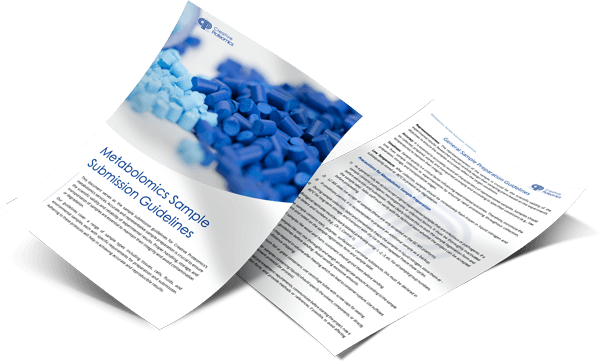Vitamins are defined as organic compounds that an organism requires in trace amounts serving as a vital nutrient. They are essential for all living organisms to maintain normal health and growth. Vitamins can strengthen the immune system and act as enzymes to catalyze a series of essential physiological metabolism. Vitamins can also detoxify the organism and thus reduce the cardiac infarction risk. They are essential for vital metabolism and energy production. Even minimal changes of vitamin contents have a substantial effect.

Vitamins can be divided into two groups: water-soluble vitamins (B-complex and C) and fat-soluble vitamins (A, D, E and K). Water-soluble vitamins have limited retention in the body and need regular replacement. Fat-soluble vitamins can be stored in the liver and fatty tissues, allowing accumulation and consumption over time. We are able to synthesize some vitamins, such as Vitamin D, which can be generated when exposed to sunlight. However, we are unable to synthesize most of these vitamins and depend on our diet for the supply. Therefore, it is mandatory to keep the required level of vitamins in our diet. However, after storage, processing and cooking, even foods that contain the necessary amount of vitamins may not have sufficient vitamins.
Diets that don’t have enough vitamins often lead to vitamin deficiency-related diseases, such as blindness and mental retardation, depending on the particular vitamin that is deficient. For example, nicotinamide is not only essential for carbohydrate metabolism but also important for non-redox adenosine diphosphate-ribose transfer reactions related to DNA repair. Besides, pyridoxine plays an important role in amino acid transamination. Also, riboflavin acts as a coenzyme for a broad range of respiratory enzymes. For these vitamins deficiency conditions, many people take multivitamin tablets and/or consume milk powder and vitamin-fortified beverages to supplement their diet to ensure the adequate supply of vitamins.
However, vitamins in excess levels are also equally harmful to health. Too much consumption of vitamin A during a short period of time can lead to a severe condition. 100mg Vitamin Can lead to diarrhea, while for those who consume 2,000mg vitamins C in a day, symptoms such as headache, heartburn, vomiting, insomnia and kidney stones may arise.
Since either deficiency or excess of vitamins can be harmful, Food and Drug Administration (FDA) mandatorily require all the vitamins in these multivitamin tablets to be labeled. Therefore, it is important to have efficient assay methods to quantify vitamins to comply with FDA nutrition labeling requirements.
Platform
- LC-MS
Summary
- Extraction of fat-soluble and water-soluble vitamins in plasma by LLE. After extraction, supernatants are dried and reconstituted, separated by RPLC. Then the vitamins are quantified by ESI by MRM methods.
Sample Requirement
- Normal Volume: 200uL plasma, 20 mg tissue, 10g food or solid
- Minimal Volume: 100uL plasma, 10 mg tissue, 3g food or solid
Report
- A detailed technical report will be provided at the end of the whole project, including the experiment procedure, MS/MS instrument parameters
- Analytes are reported as uM, while CV's are generally 10%.
- The name of the analytes, abbreviation, formula, molecular weight and CAS# would also be included in the report.
| Vitamins Quantified in Our Service | ||
|---|---|---|
| Vitamin B1 (Thiamine) | Vitamin B2 (Riboflavin) | Vitamin B3 (Niacin) |
| Vitamin B3-amide (Niacinamide) | Vitamin B5 (Pantothenic Acid) | Vitamin B6 (Pyridoxine) |
| Vitamin B7 (Biotin) | Vitamin B9 (Folic acid) | Vitamin B12 (Cobalamins) |
| Vitamin C (Ascorbic Acid) | Vitamin A (Retinol) | Vitamin D2 (Ergocalciferol) |
| Vitamin D3 (Cholecalciferol) | Vitamin E (Tocopherol) | Vitamin E Acetate (Tocopherol acetate) |
| Vitamin K1 (Phylloquinone) | Vitamin K2 (Menaquinone) | |
How to place an order:

*If your organization requires signing of a confidentiality agreement, please contact us by email
With integrated set of separation, characterization, identification and quantification systems featured with excellent robustness & reproducibility, high and ultra-sensitivity, Creative Proteomics provides reliable, rapid and cost-effective vitamins targeted metabolomics services.







